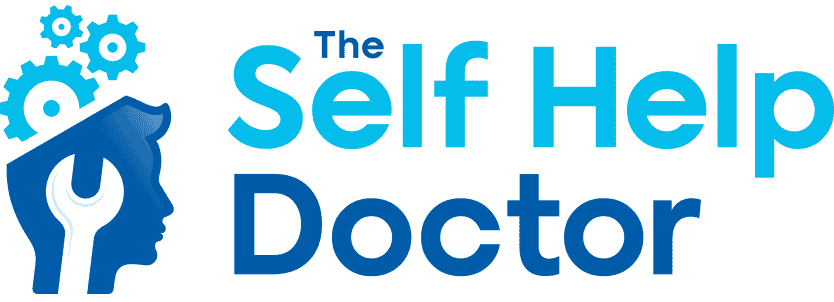Understanding the Message Behind Your Anger: What Is It Trying to Tell You?

Understanding the Message Behind Your Anger: What Is It Trying to Tell You?
Anger often feels like a wall you can’t get past. But what if it’s actually a signal you’re missing? When you understand the emotional triggers behind your anger, you gain control instead of letting it control you. This post will show you how simple CBT techniques can help you decode what your anger really wants—and manage it better.
Decoding Your Anger

Emotional Triggers and Their Impact
Ever wonder why certain situations set you off? Anger isn’t just a reaction; it’s often a message about unmet needs or unresolved emotions. Recognizing these triggers helps you manage your reactions better.
Emotional triggers can stem from past experiences or current stressors. Consider when you last felt angry. Was it a comment from a coworker or an argument with a loved one? These moments often signal deeper needs like respect or understanding. According to Psychology Today, understanding these underlying needs can transform how you respond to anger. Keep reading to learn how these insights pave the way for better emotional control.
Recognizing the Signals of Anger
Your body often tells you when anger is coming. Do your muscles tense? Does your heart race? These physical signs are clues. Recognizing them early can help you address the anger before it escalates.
Anger might also manifest through thoughts. You might replay a situation repeatedly or imagine worst-case scenarios. When you notice these patterns, it’s a cue to pause and reassess. Most people think anger is an uncontrollable force, but it’s actually a message waiting to be decoded. By tuning into your body’s signals, you can change your response and take charge of the situation.
Managing Anger with CBT Techniques

Simple CBT Techniques for Daily Life
CBT provides practical tools to manage anger effectively. It’s not about ignoring anger but understanding it. Here’s how you can start today.
First, practice deep breathing. When you feel anger rising, take slow, deep breaths. This helps calm your mind and lowers your stress. Another technique is reframing thoughts. Instead of thinking “I can’t stand this,” try “This is frustrating, but I can handle it.” These small shifts in thinking can have a big impact.
It’s crucial to implement these techniques regularly. Consistent practice can make them second nature, helping you navigate anger with ease. Ready to see the difference these techniques can make? Let’s explore more ways to empower your mental health journey.
Practical Self-Help Strategies
Incorporate these strategies into your daily routine for lasting change. They don’t require special skills, just a willingness to try something new.
-
Identify Triggers: Keep a journal to track what makes you angry. Seeing patterns helps you prepare for future situations.
-
Practice Mindfulness: Spend a few minutes each day focusing on the present moment. This simple act can reduce stress and prevent anger from taking over.
-
Set Boundaries: Know your limits and communicate them clearly. It’s okay to say no to situations that might provoke anger.
These strategies, along with consistent CBT practice, can significantly reduce your anger episodes. Remember, the longer you wait to address anger, the more it can control you. Start implementing these strategies today for a calmer tomorrow.
Empowering Your Mental Health Journey

Start with Our Free Mini-Course
Taking control of your anger is a journey, not a destination. Begin with our free mini-course designed to guide you through understanding and managing emotional triggers. You’ll learn how your habits might be contributing to anger and discover ways to change them.
This course offers insights into the root causes of your anger and provides tools to manage it effectively. Don’t let anger dictate your life—take the first step in gaining control.
Building Emotional Resilience with Self-Help Tools ✨
Emotional resilience is about bouncing back from challenges. With the right tools, you can strengthen your mental health and handle life’s ups and downs more effectively.
Our self-help course offers professional-grade tools designed by experts to help you build resilience. You’ll learn strategies to manage emotions, reduce stress, and improve your overall well-being.
Empower yourself with knowledge and skills that last a lifetime. Whether you’re dealing with anger, stress, or any other emotional challenge, these tools can support you on your journey to better mental health. Ready to take the next step? Your path to resilience starts here.





